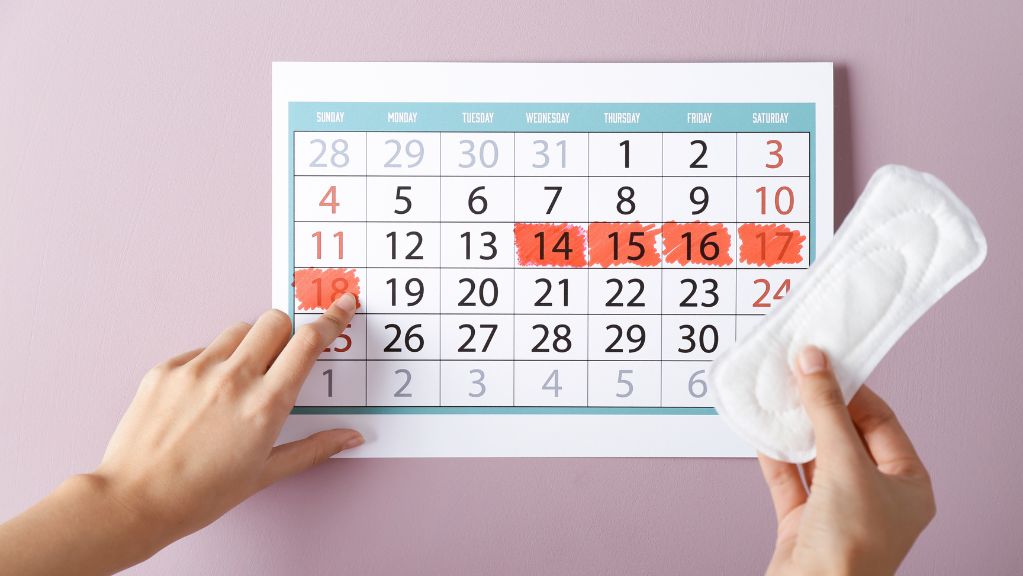Starting birth control pills for the first time can feel a little confusing, especially when you’re not sure about the right day to begin. Should you start on the first day of your period? The next Sunday? Or right away?
Recommended: Does Birth Control Pills Cause Weight Gain?
The truth is, there are a few different ways to start your birth control pack—and choosing the right one depends on your body, your cycle, and your doctor’s advice.
In this blog, we’ll break it down in a simple way to help you understand when and how to start your birth control pack, what to expect, and how to stay protected from unplanned pregnancy.
Understanding How Birth Control Pills Work

Birth control pills, often called “the pill,” are a popular and effective way to prevent pregnancy. They work mainly by stopping ovulation—the process where your ovaries release an egg each month. No egg means there’s nothing for sperm to fertilize, which means no pregnancy.
There are two main types of birth control pills:
- Combination pills, which contain two hormones—estrogen and progestin.
- Progestin-only pills (also called the mini-pill), which contain just one hormone.
Recommended: What’s the Best Birth Control Method with the Least Side Effects?
Besides stopping ovulation, the pill also thickens the cervical mucus. This makes it harder for sperm to reach the egg. It also thins the lining of the uterus, making it less likely for a fertilized egg to attach and grow. When taken correctly—at the same time every day—the pill is over 99% effective. But missing pills or starting late can reduce its effectiveness, so it’s important to understand how it works and how to take it properly.
Starting Your First Birth Control Pack: What You Need to Know
Beginning birth control for the first time might feel a bit overwhelming, but once you understand the basics, it becomes much easier to manage. Before starting, it’s important to consult with a healthcare provider who can guide you on the best pill option based on your health history, lifestyle, and goals. Once you have your prescription, the next step is choosing when to start your first birth control pack. There are three common ways to begin:
1. Day 1 Start
This method involves taking your first pill on the very first day of your menstrual period. Starting on the first day provides immediate protection against pregnancy, especially if you’re using combination pills (which contain both estrogen and progestin). It also helps align your pill schedule with your natural cycle, making it easier to track your period.
Recommended: Does Birth Control Pills Make You Sleepy?
2. Sunday Start
With this method, you take your first pill on the first Sunday after your period begins, even if you’re still on your period. Many people choose this option because it creates a routine—your packs will always start on a Sunday. However, you’ll need to use backup birth control (like condoms) for at least the first 7 days, as the pill may not offer immediate protection during this time.
3. Quick Start
This method allows you to start taking your birth control pill on the same day you receive the pack, regardless of where you are in your menstrual cycle. It’s a flexible option for those who want to begin immediately without waiting for their next period. Just like the Sunday Start, you’ll need backup protection for the first 7 days, and your period might be irregular at first as your body adjusts.
During the first month, it’s normal to experience mild side effects like spotting, breast tenderness, or nausea. These symptoms usually go away as your body adjusts. If the side effects persist or you feel unsure, reach out to your healthcare provider.
How to Know If Your Birth Control Is Working
If you’re using birth control pack correctly, there are a few signs that your method is working as it should:
1. No Unexpected Pregnancy Symptoms
If you’re not experiencing the typical signs of pregnancy—like nausea, fatigue, or missed periods (in the case of certain methods like the pill)—it’s a good indication that your birth control is effective.
Recommended: Does Birth Control Cause Dry Mouth?
2. Regular Bleeding Patterns

Many birth control methods, especially the pill, can regulate your menstrual cycle. If you’re getting your period (or experiencing spotting) as expected, that’s a sign your birth control is working. For some, it can even stop periods altogether, which is normal depending on the method.
3. Absence of Breakthrough Bleeding
A small amount of spotting or breakthrough bleeding can be normal in the first few months after starting birth control. But if you’re consistently experiencing heavy bleeding outside of your period, it might be worth checking with your doctor to make sure your method is right for you.
Tips to Stay on Track With Your Birth Control Pack
Staying on track with your birth control pack is important for ensuring its effectiveness and avoiding pregnancy. Here are some tips to help you stay consistent:
- Set a Daily Reminder: Use your phone or a pill reminder app to set a notification at the same time each day. This ensures you won’t forget to take your pill, especially if you have a busy schedule.
- Take It at the Same Time Each Day: Try to take your birth control pill at the same time every day, whether it’s in the morning or before bed. This helps build a routine and ensures the pill works effectively.
- Keep It in a Visible Place: Store your birth control pack somewhere you’ll see it every day, like next to your toothbrush or on your nightstand. The more visible it is, the easier it is to remember.
- Use a Pill Box or Organizer: If you have trouble remembering which pill you took, use a weekly pill organizer. This helps you see at a glance if you’ve missed a dose.
Recommended: Do You Still Have a Luteal Phase on Birth Control?
- Set a Backup Plan: If you’re prone to forgetting, keep a pack of condoms or another form of backup contraception handy, especially for the first seven days of starting a new pack or after missing a pill.
- Travel Smart: If you’re traveling, bring extra pills and make sure you have them on hand in case your schedule changes. You can also set a reminder in your phone for when you cross time zones.
- Get a Support System: Tell a close friend or partner about your birth control routine. Sometimes just having someone to remind you can help keep you on track.
- Don’t Skip Pills: If you miss a pill, take it as soon as you remember, even if it means taking two pills in one day. Follow the instructions on your birth control pack for what to do if you miss multiple pills.
By following these tips, you can help ensure that your birth control works effectively and stays part of your daily routine. If you ever feel unsure or experience any issues, don’t hesitate to reach out to your healthcare provider for guidance.
Conclusion
Starting and staying consistent with your birth control pack is key to making sure it works effectively. Whether you’re new to birth control or just trying to build better habits, knowing when to start, what to do if you’re late, and how to stay on track makes a big difference.
Always follow your healthcare provider’s advice, stay informed, and don’t hesitate to ask questions when something feels off. With the right information and routine, you can feel confident and in control of your reproductive health.
